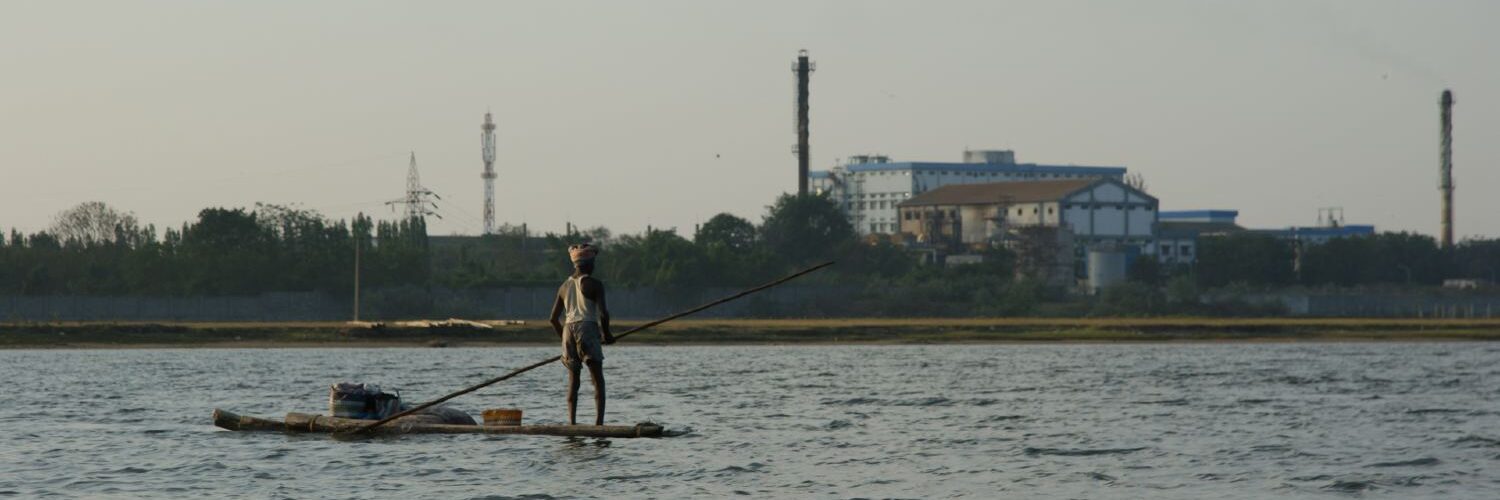Chennai, 10 June 2006: The Tamil Nadu Pollution Control Board yesterday passed an order banning dumping of garbage and discharge of sewage into the unique and highly sensitive Pallikarnai marshlands. The order comes just a few days after the release of an ambient air quality report by Community Environmental Monitoring (CEM). More than 1000 tonnes of unsegregated garbage are dumped into the marshlands daily by commercial establishments and the Onyx Environmental Services, a subsidiary of the French water giant Vivendi who has won a contract from the Chennai Municipality to collect and dump garbage. Smoke from the smouldering garbage dump spreads across several square kilometres. Residents in the vicinity complain of respiratory distress, eye disorders and a range of health problems.
The report “Smoke Screen” rated the air quality in the municipal waste dump yard on the marshlands among the worst of the 21 samples taken across the country. The sample from the dump yard revealed the presence of 27 chemicals including 3 carcinogens. Two carcinogens — 1,3-butadiene and benzene — were found at 34,000 times and 2360 times higher than levels considered safe by the US Environmental Protection Agency.
According to the TNPCB, a Local Area Environment Committee has also been constituted and a hotline been set up to receive complaints about the garbage or sewage dumping into the marsh area. However, local residents and city-based nature enthusiasts who had organised themselves as Save Pallikaranai Marshlands Forum were not aware of the Committee. The constitution of the Committee is not yet known. However, a representative of the Forum said he was hopeful that the TNPCB would involve local residents trained in community environmental monitoring to assist the Board in identifying violators as members of the Committee.
CEM commends the TNPCB on taking this positive first step, and hopes that the Board will implement its orders sincerely
Read related news story:
- Dumping banned in Pallikaranai marsh
The Hindu 10 June, 2006
